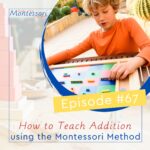
Montessori Math is a one-of-a-kind hands-on approach to teaching mathematics that is intended to spark a child’s innate curiosity and love of numbers. Montessori Math, in contrast to typical teaching approaches, invites children to study mathematical ideas at their own pace and via self-discovery. This episode will go over how to teach addition using the Montessori Method.
The Montessori philosophy fosters a joyful and engaging learning experience that can promote a profound, long-lasting comprehension of mathematical principles, making ordinary tasks like addition feel fascinating to the child.
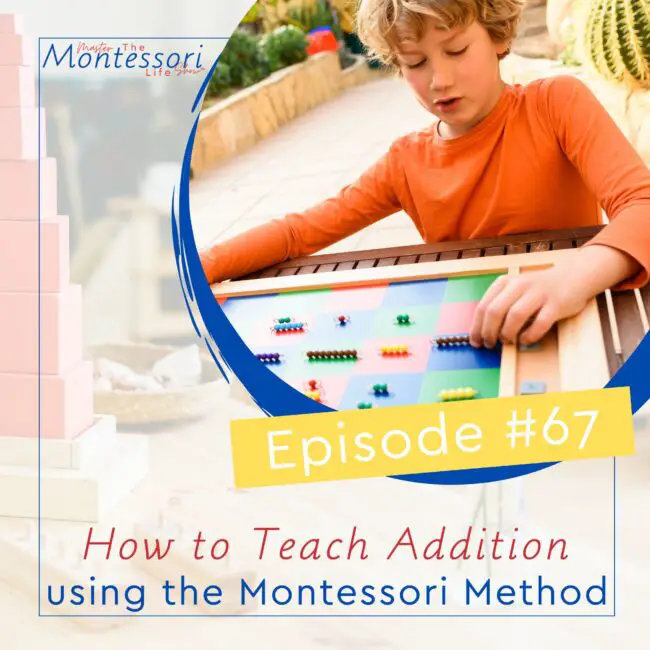
Click here to read all of the training notes as well as watch the training video and see the list of relevant resources:
Episode 67: How to Teach Addition using the Montessori Method
In this training, we will be discussing how to teach addition using the Montessori Method.
Do it in the right order
The use of concrete items is the first step in teaching addition the Montessori way. The use of physical learning aids like as number rods, beads, or spindles is emphasized in Montessori Math. For example, to demonstrate the addition of 2 and 3, you would first give the youngster two distinct rods or bead bars, one representing 2 and the other representing 3.
Introduce visual representations of addition, such as number lines or ten frames, once the pupil is comfortable with concrete objects. This will aid in the formation of a mental bridge between abstract notions and real-world examples.
The next step is to have your kids start practicing math facts. And also focus on memorizing math facts with the information they’ve learnt so far. Ask them simple questions like “what is 2 plus 3?” and have them point out the answer with their fingers. Move on to more challenging math facts and equations as they progress.
Addition Using the Montessori Method
Montessori Math Resources
#MasterTheMontessoriLifeShow #themontessoriwayfoundationsframework #themontessoriwaypreproom #themontessoriguide #themontessorimethod #themontessoriway #MasterTheMontessoriLife #montessori #montessoriathome #montessoritopics #montessorieducation #themontessorilife #themontessorijourney #themontessoriexperience #montessoripodcast #montessoripodcasts #montessoriprogram #centeredmontessoriguide #normalizedchild #montessoridays #montessorian #montessoriactivity #montessorienvironment #montessoriquestions #montessorihomeschool #montessorikids #montessorimom #montessoriactivities #montessorimaterials
Wardrobe from: http://bit.ly/TNHstitchfix
- Introduce Hibernation, Migration and Adaptation to Children
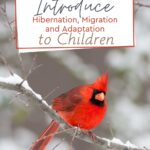 When you introduce your children to the concepts of hibernation, migration and adaptation, you will love to learn how they find food, which ones follow each of these survival techniques and so much more.
When you introduce your children to the concepts of hibernation, migration and adaptation, you will love to learn how they find food, which ones follow each of these survival techniques and so much more. - Montessori Farm Sensory Bin: Hands-On Learning
 A Montessori farm sensory bin is simple to assemble, rooted in purposeful work, and designed to invite deep exploration.
A Montessori farm sensory bin is simple to assemble, rooted in purposeful work, and designed to invite deep exploration. - Tips to incorporate Fall into your Montessori environment
 Come and find out how you can highlight and celebrate Fall in your Montessori environment without stressing out about it.
Come and find out how you can highlight and celebrate Fall in your Montessori environment without stressing out about it. - Hands-On Fun: 3 Montessori Practical Life Activities for Fall
 These simple Montessori Practical Life activities for Fall are easy to do anytime you have the materials ready.
These simple Montessori Practical Life activities for Fall are easy to do anytime you have the materials ready. - Embracing Autumn: A Montessori Guide to Fall Fun
 Spread the loveThe arrival of autumn brings a special kind of magic. The air turns crisp and leaves paint the…
Spread the loveThe arrival of autumn brings a special kind of magic. The air turns crisp and leaves paint the… - Montessori Toddler Essentials
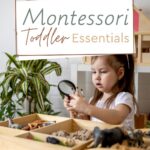 The Montessori method offers a pathway with a series of Montessori toddler essentials that you will find helpful.
The Montessori method offers a pathway with a series of Montessori toddler essentials that you will find helpful.
Past Episodes
Episode 63: Montessori Culture: Teaching Children about their Country
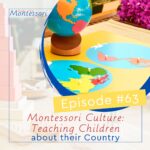
Teaching children about their country is very important, especially when we want to do it right: the Montessori way.
Episode 62: Exploring Benefits of Montessori Training for Montessori Guides
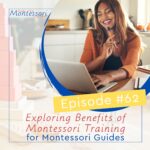
The advantages of Montessori training for Montessori Guides will be discussed, along with the reasons you should take it seriously.
Episode 61: What I have learned from my Montessori community
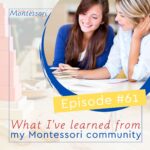
Having a Montessori community can help you stay accountable and motivated. Come learn what I’ve discovered from my Montessori community.

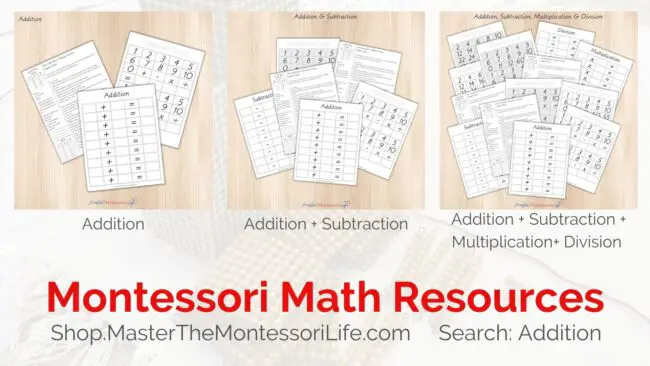
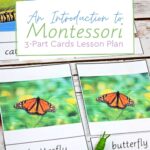

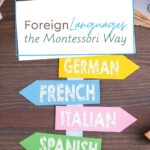
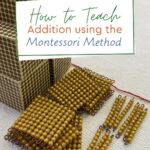
Leave a Reply